Speeches Shim
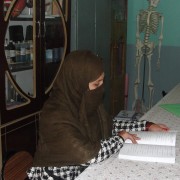
Currently, there is very little value placed on a science education in Afghanistan. In addition, science is not considered a subject for women to study, and they are generally discouraged from pursuing an education or degree science-related subjects.
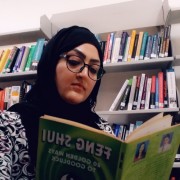
When you first meet Fatima Kamandi you immediately notice her ambition and intelligence. A Literature and Spanish graduate from Kabul University, Ms. Kamandi is currently enrolled at Symbiosis International University in India, where she is pursuing a graduate degree in international relations. Ms. Kamandi has a knack for languages and dreams of one day becoming a diplomat or an ambassador representing Afghanistan.
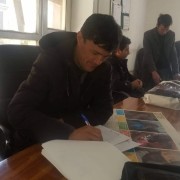
Improving education service delivery is difficult when staff lack the skills and experience to effectively manage resources. Although donor investments have significantly improved the Ministry of Education’s (MoE’s) systems and procedures over the last 17 years, much work remains.
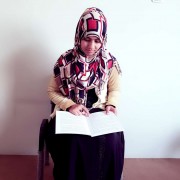
Afghan women and girls struggle in their pursuit of education, especially at the tertiary level in Afghanistan. Many families cannot afford to cover higher education costs for their children and preference is normally given to the education of sons, who are expected to later become breadwinners for the family.
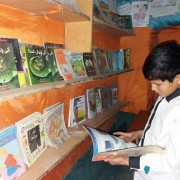
The USAID funded Afghan Children Read (ACR) project establishes reading labs to introduce supplementary reading materials to students and improve their reading skills. Since 2018, the ACR team established reading labs in Herat schools and trained teachers and school administrators to manage the labs.


Comment
Make a general inquiry or suggest an improvement.